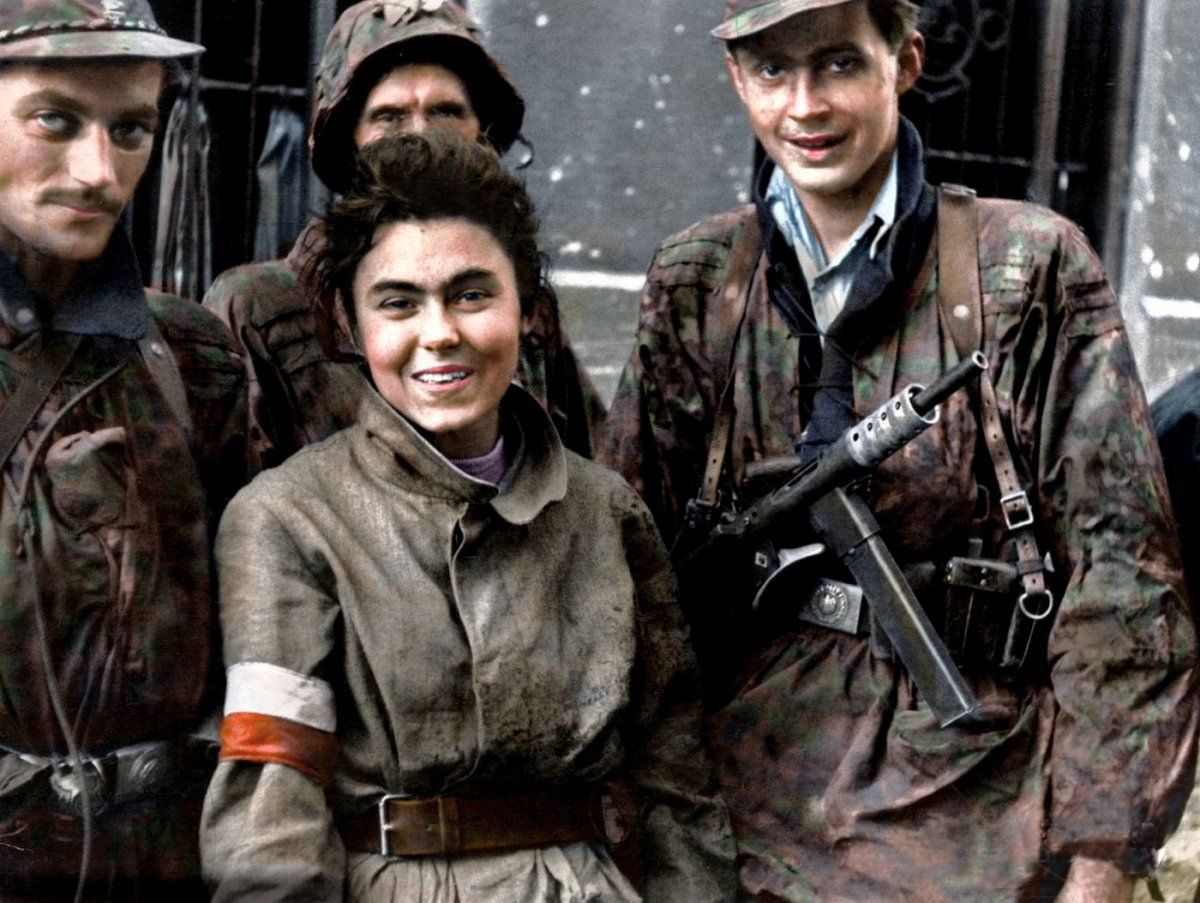In the history of World War II, there are countless stories of bravery, sacrifice, and resilience. One such story that stands out is the Warsaw Uprising of 1944. This epic battle, fought by the Polish resistance against the Nazi occupation, remains a symbol of unwavering determination and the fight for freedom. Let's delve into the details of this remarkable event and explore its significance in the broader context of the war.
Background: Occupied Poland
To fully understand the significance of the Warsaw Uprising, we must first examine the circumstances that led to its outbreak. In 1939, Nazi Germany invaded Poland, marking the beginning of World War II. The country was quickly occupied, and the Polish people faced unimaginable hardships under the brutal Nazi regime.
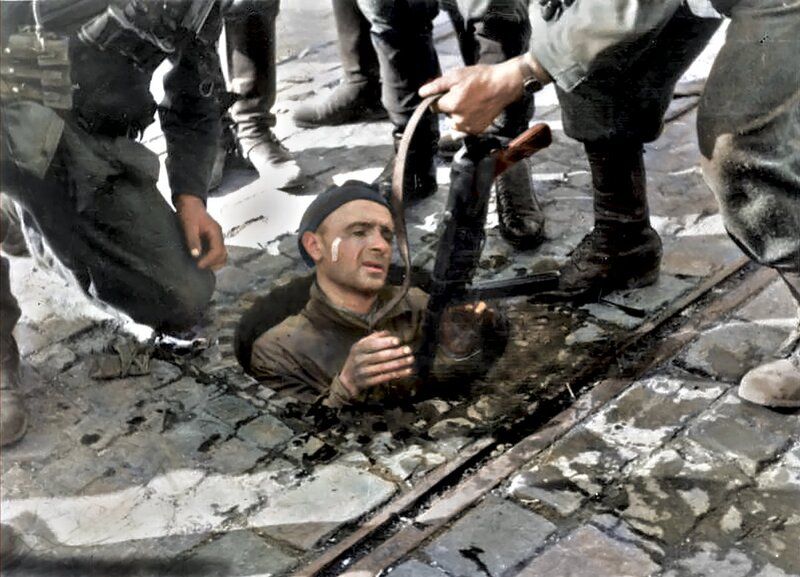
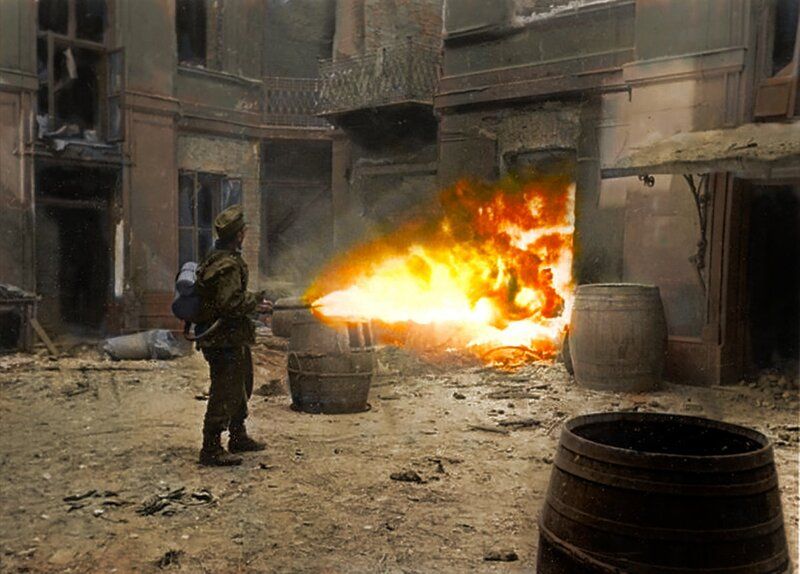
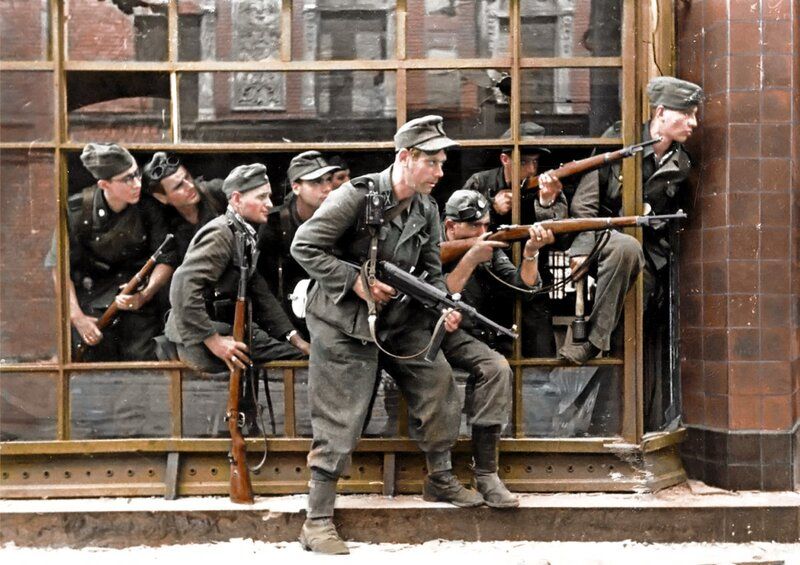
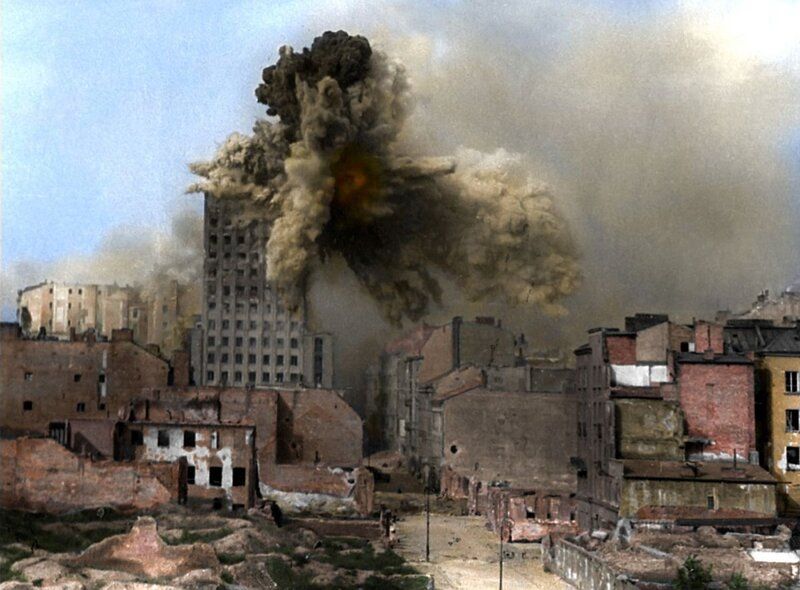
© https://ipn.gov.pl/ & © Mikołaj Kaczmarek
The Polish Resistance
Despite the occupation, the Polish people did not surrender. They formed a clandestine organisation known as the Home Army, or Armia Krajowa, which aimed to resist the Nazi occupiers and ultimately regain Polish independence. The Home Army became one of the largest underground resistance movements in Europe, with an estimated 400,000 members at its peak.
Planning & Preparation
By 1944, the tide of the war was turning against the Nazis, and the Polish resistance saw an opportunity to rise up against their oppressors. The Warsaw Uprising was meticulously planned, with the aim of liberating the capital city from German control. The operation was initially scheduled to coincide with the Soviet advance, but due to "political complexities", the Red Army did not provide the expected support.
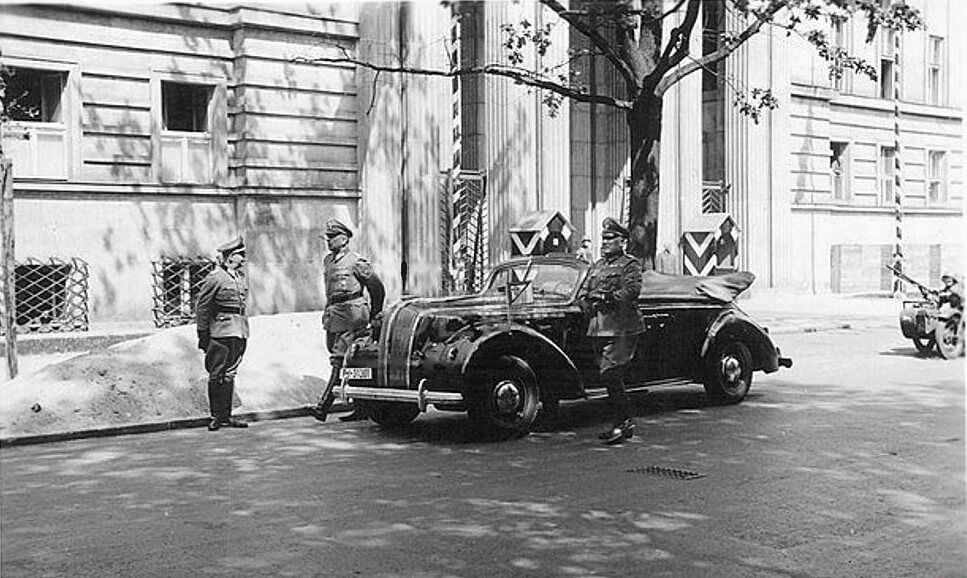
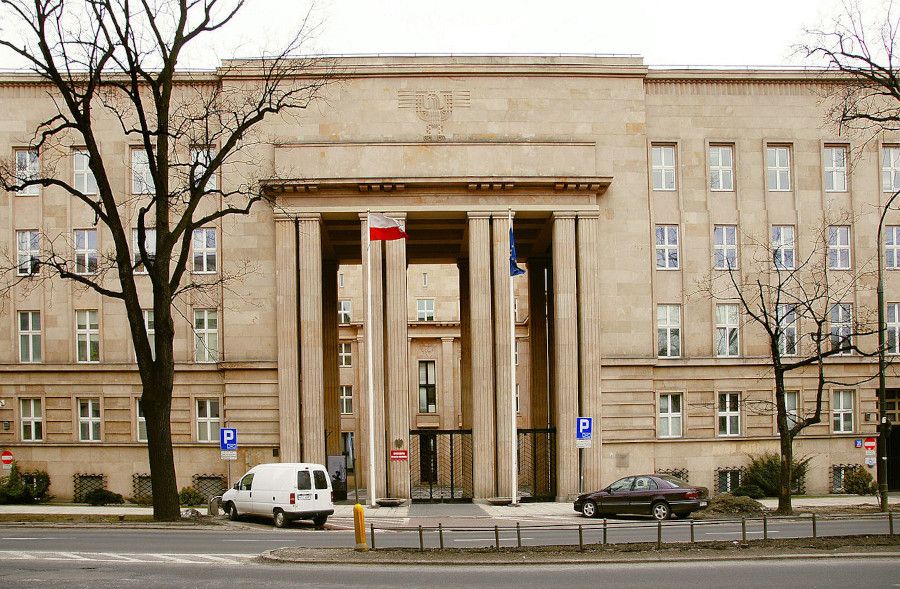
Let Battle Commence
On August 1, 1944, the Warsaw Uprising began. The Home Army, armed with limited resources and outnumbered by German forces, launched a surprise attack across the city. The initial phase of the uprising saw the resistance fighters gain control of large parts of Warsaw, including key government buildings and strategic locations.
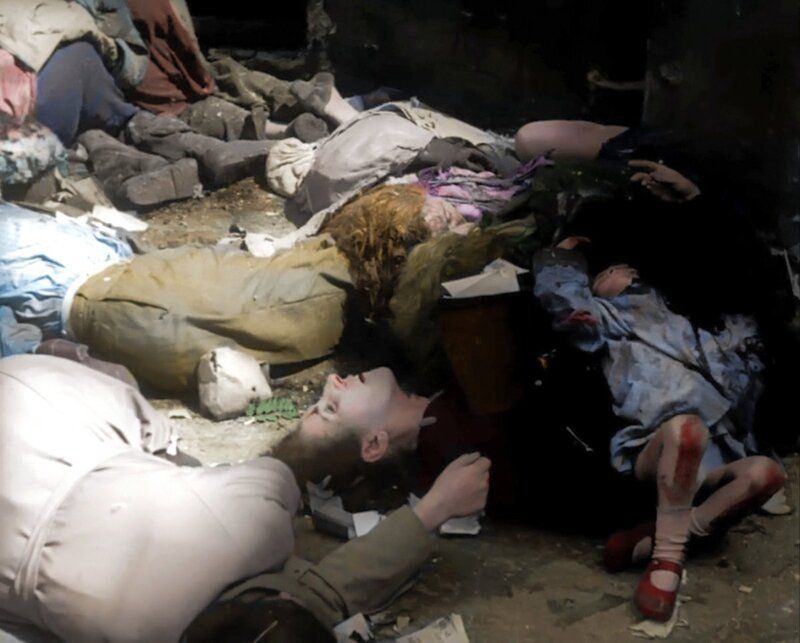
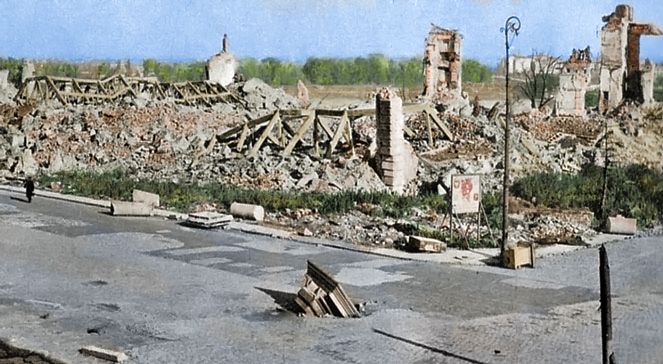
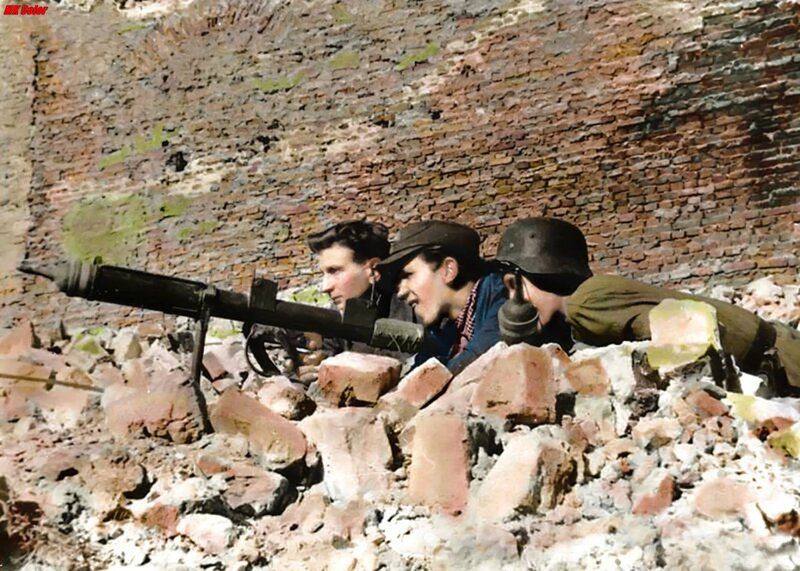
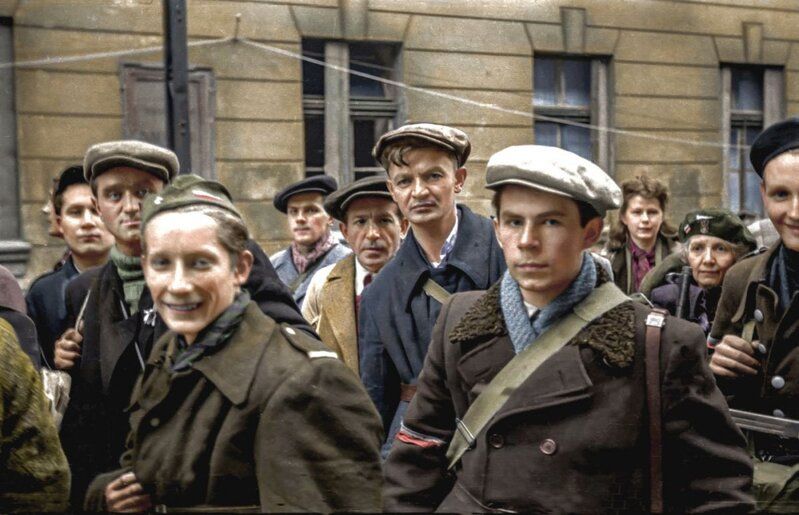
© https://ipn.gov.pl/ & © Mikołaj Kaczmarek
German Response and Brutal Suppression
The German response to the uprising was swift and brutal. Hitler, determined to crush the resistance, ordered the total destruction of Warsaw. The city was subjected to relentless artillery bombardment and aerial attacks, reducing much of it to rubble. The scale of the destruction was unimaginable, with countless civilian casualties and widespread devastation.
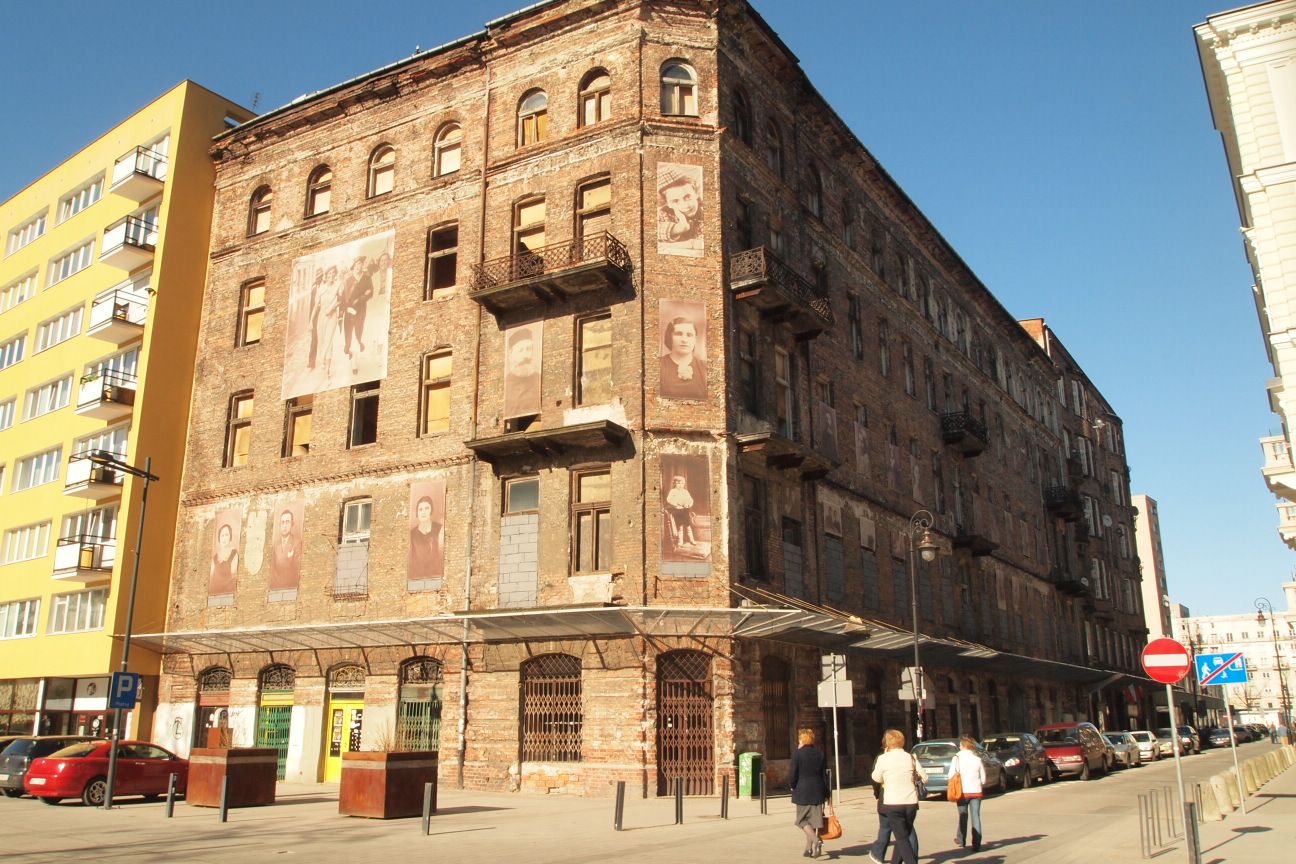
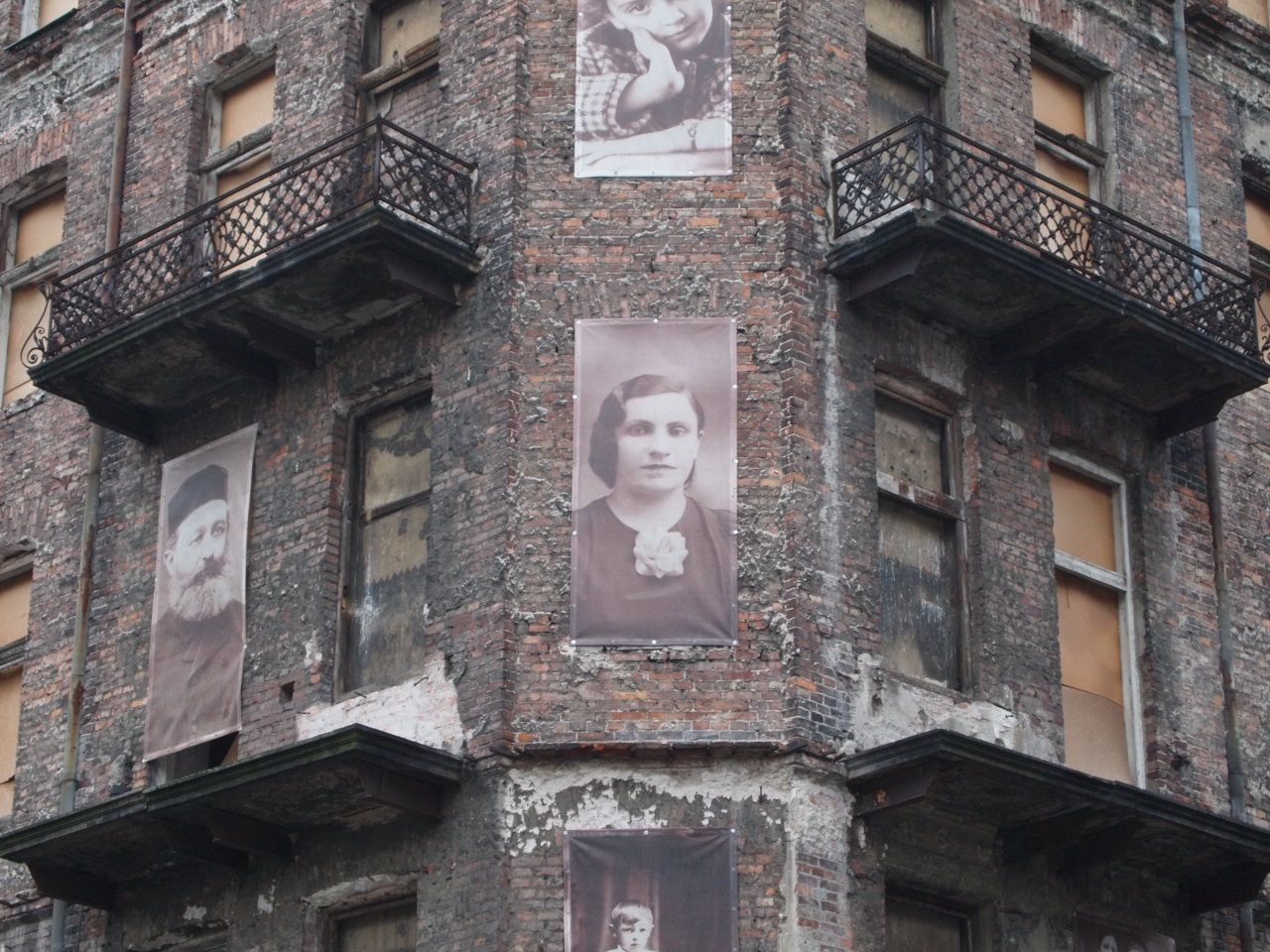
Heroism & Sacrifice
Despite the overwhelming odds, the Polish resistance fighters displayed incredible heroism and determination. They fought with limited supplies, often resorting to improvised weapons, yet they managed to hold out for 63 days. The streets of Warsaw became a battleground, with fierce fighting taking place in every neighbourhood.
The International Response
The Warsaw Uprising garnered international attention and sympathy. However, due to political considerations and the ongoing complexities of the war, assistance from the Allies was limited. The lack of support from the outside world further intensified the sense of isolation felt by the Polish resistance fighters.
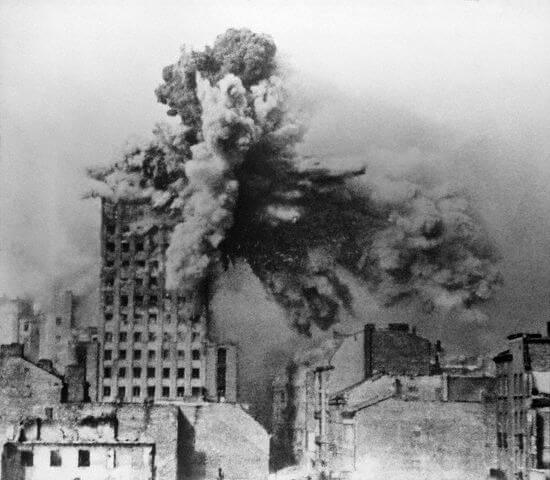
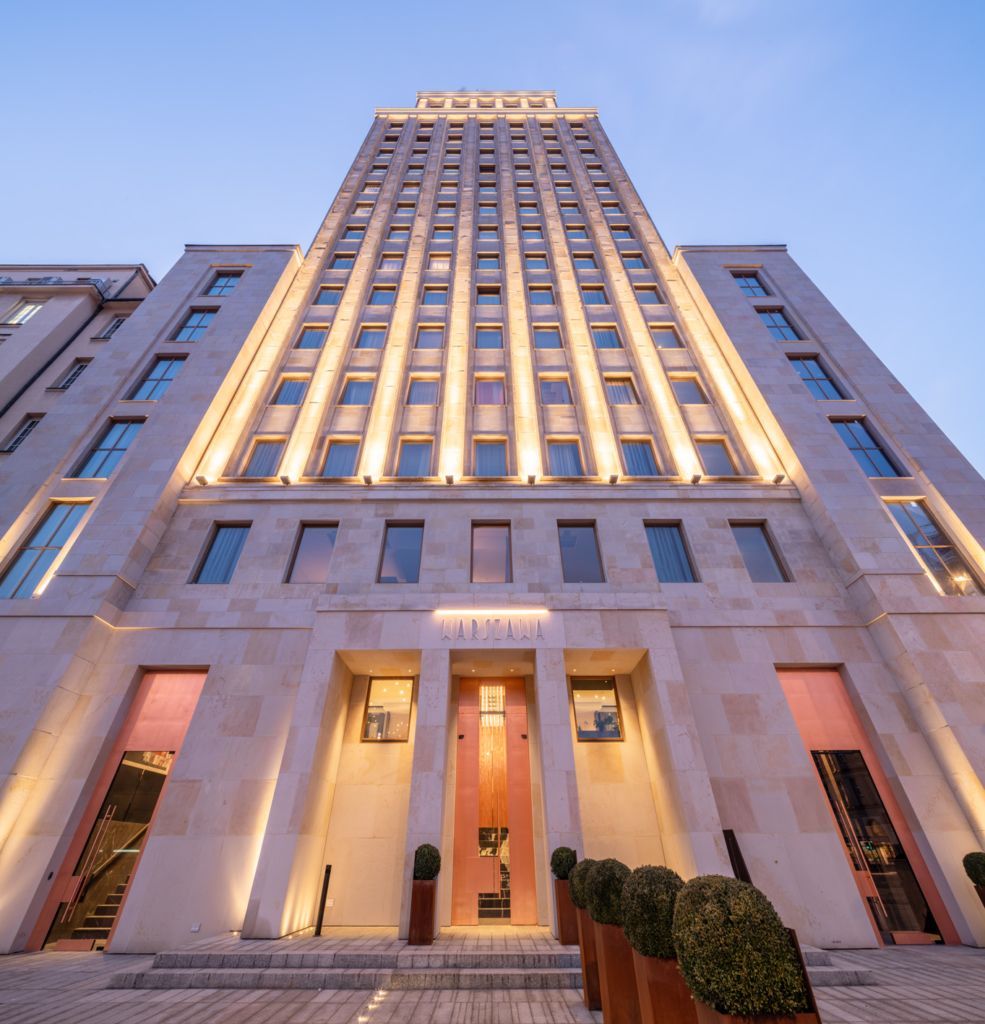
The Aftermath
On October 2, 1944, realising that further resistance was futile, the Home Army surrendered. The German forces systematically destroyed what remained of Warsaw, leaving behind a ghost town. The casualties were staggering, with estimates ranging from 150,000 to 200,000 people killed, most of them civilians. The survivors were either deported or sent to concentration camps.
A Legacy
The Warsaw Uprising may have ended in defeat, but its impact is immeasurable. It stands as a testament to the indomitable spirit of the Polish people and their unwavering commitment to freedom. The uprising became a symbol of resistance and defiance, inspiring future generations in their fight against oppression. It also highlighted the complexities of international politics and the devastating consequences of war.
There is a city.
The Warsaw Uprising of 1944 remains a poignant chapter in the history of World War II. It serves as a sobering reminder of the horrors of war and the price paid by those who dare to resist. The bravery and sacrifice of the Polish resistance fighters continue to inspire people around the world, reminding us of the importance of standing up for what is right, even in the face of overwhelming odds.
Enjoyed that? Try this:


